We may earn money or products from the companies mentioned in this post. This means if you click on the link and purchase the item, I will receive a small commission at no extra cost to you ... you're just helping re-supply our family's travel fund.
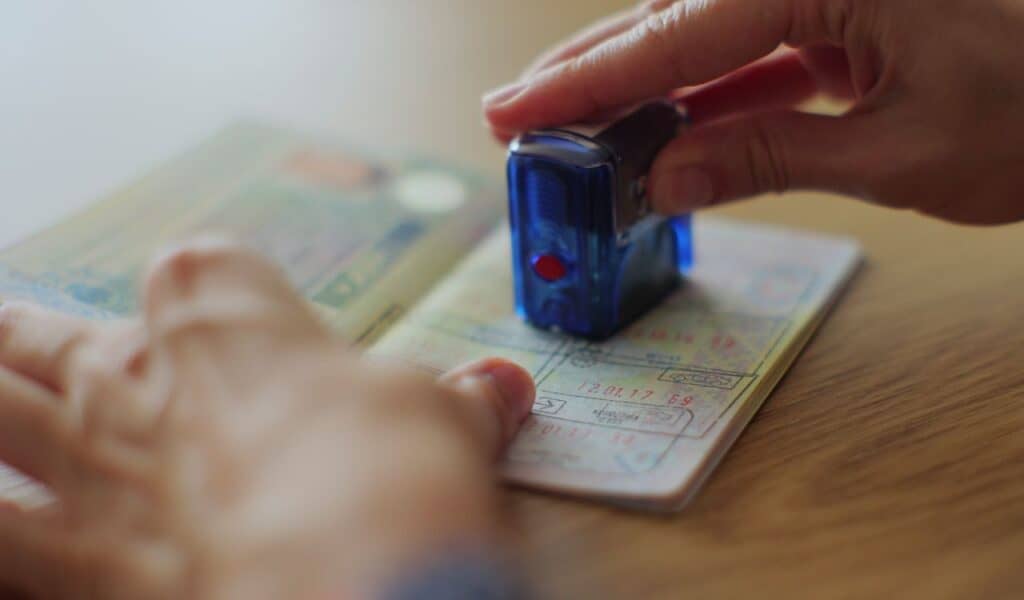
Almost denied at check in? It happens when “valid” doesn’t meet a destination’s fine print, like extra validity buffers or a card that won’t fly. This guide breaks down 13 passport myths travelers still believe and the fixes that keep trips on track, from airline pre screening to minors’ paperwork and emergency passports. It’s built for real stakes at the gate, with clear, current facts to dodge the small surprises that derail big plans.
“A passport guarantees entry”
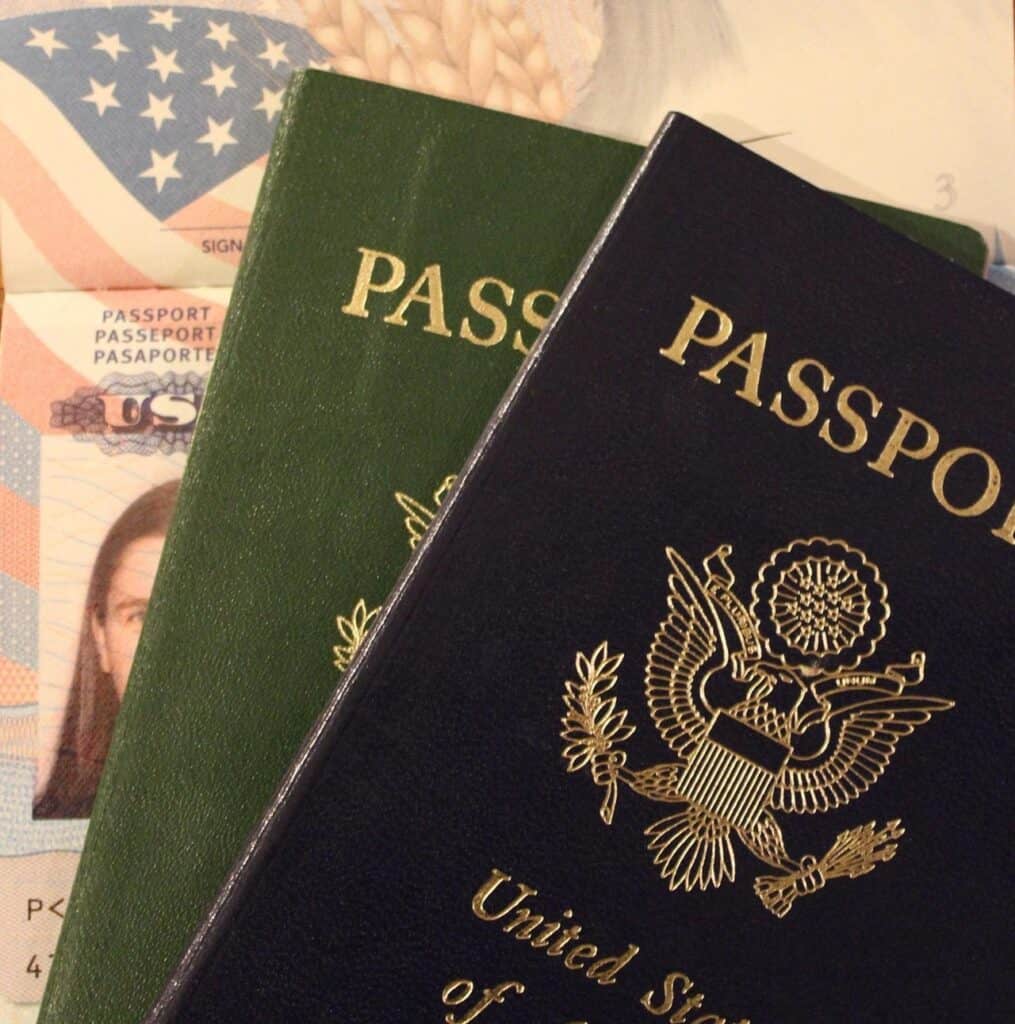
A powerful passport opens doors, but it never guarantees admission, and border officers can refuse entry while airlines can deny boarding if documents don’t match destination rules. Some countries require visas, return tickets, proof of funds, or health records, and carriers pre screen to avoid fines. State guidance adds that entry and exit rules can change at any time, so confirm both airline and country requirements.
“A passport alone is enough”
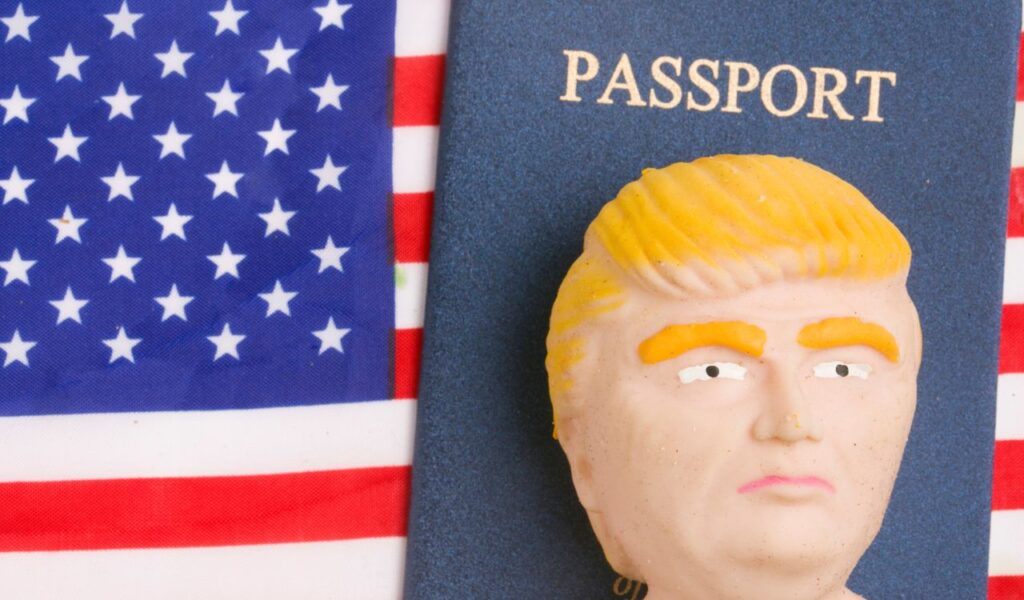
International travel stacks requirements, including visas, itineraries, funds, insurance, and sometimes e authorizations or vaccinations. Missing one can halt a trip, often at airline check in before immigration sees the case. Carriers enforce destination rules because they are liable for transporting noncompliant travelers. The practical move is verifying all documents early so a current passport doesn’t meet a closed boarding gate.
“Visa free equals guaranteed”

Visa waivers and prior travel don’t remove officer discretion at ports of entry, where admission is permission granted in the moment. Travelers who assume visa free means cannot be refused are sometimes denied after secondary screening if plans, funds, or ties look weak. The fix is carrying proof of onward travel, lodging, and intent to depart so discretion breaks in the traveler’s favor.
“Restrictions don’t apply”

Sanctions, public health measures, and policy shifts can upend access quickly, regardless of passport strength. The myth persists because plans are based on last year’s rules, not today’s advisory. State warns that country entry and exit requirements can change at any time, so checking current notices and airline acceptance is essential, especially close to departure.
“Expiration date is final”

Valid until isn’t always enough, as many destinations and airlines require extra validity past arrival or departure, commonly six months and sometimes three. The catch is airlines enforce these buffers at check in, so a not yet expired passport can still block a trip. These rules help countries avoid overstays and processing delays, so verify exact buffers before booking.
“Six month rule is universal”
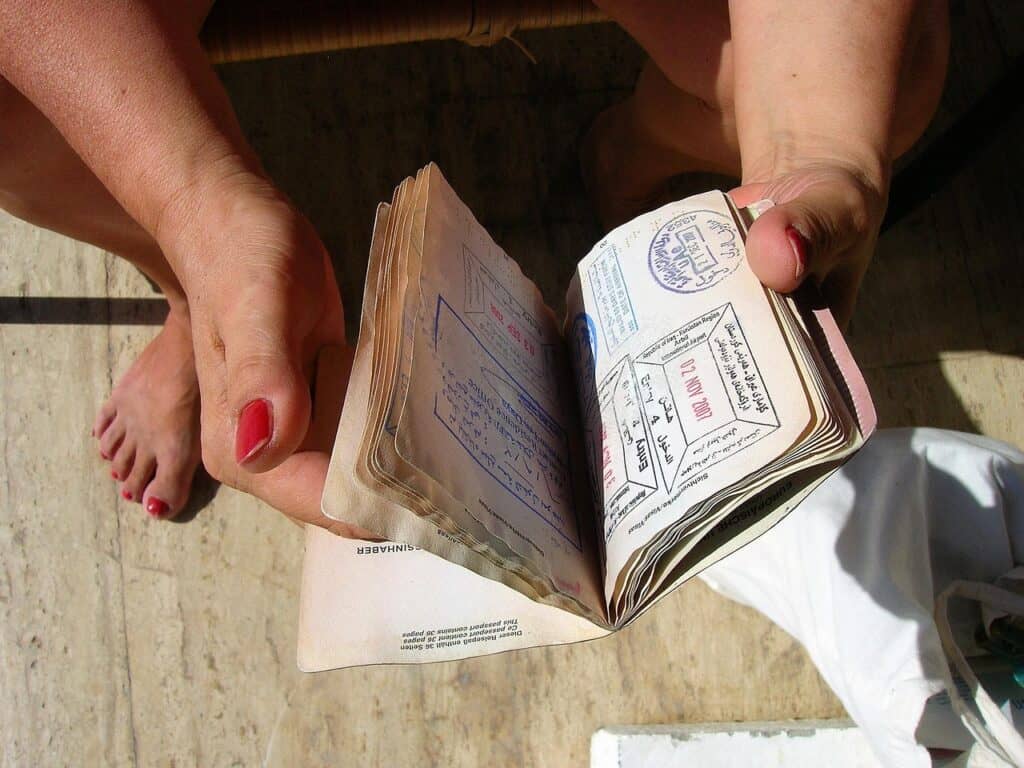
The six month standard is common but not universal, with Schengen generally requiring three months beyond intended departure and others setting distinct thresholds. Treat this like voltage compatibility, because close doesn’t count when rules are precise. Knowing the exact requirement for the exact destination prevents last minute denials, rushed renewals, and rebook fees.
“Expired works for reentry”
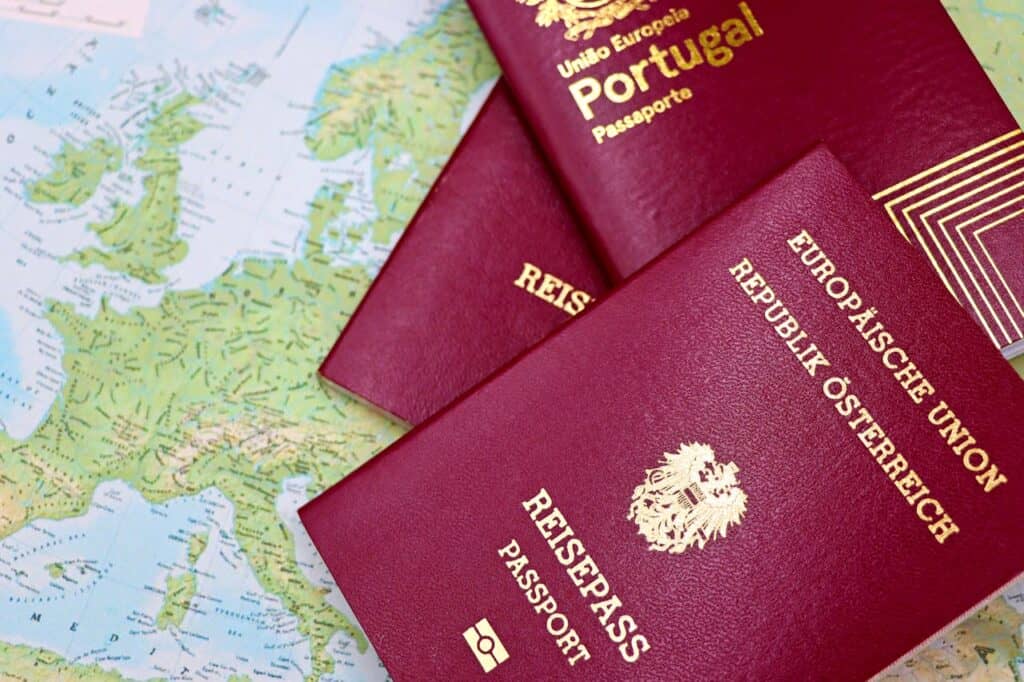
Returning to the U.S. typically requires a valid passport, and airlines verify that before issuing a boarding pass. If a passport expires abroad, embassies and consulates can issue an emergency passport that is limited validity and not always accepted on every route, so confirm airline and destination acceptance first. Renewing early avoids reliance on constrained services.
“Passport card works for flights”
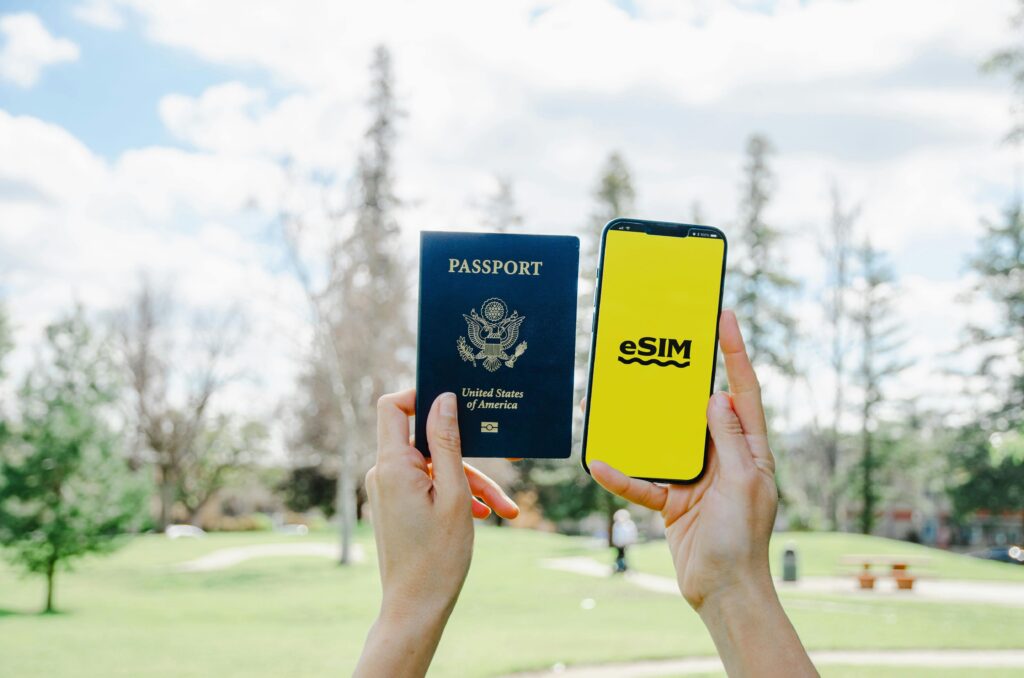
The passport card is handy for land and sea crossings to nearby regions, but it cannot be used for international air travel. That limitation surprises travelers who assume any passport is flight ready. The card is built for border drives and cruises, not airports, so bring the book for international flights and keep the card for quick regional entries by land or sea.
“Card equals book permissions”
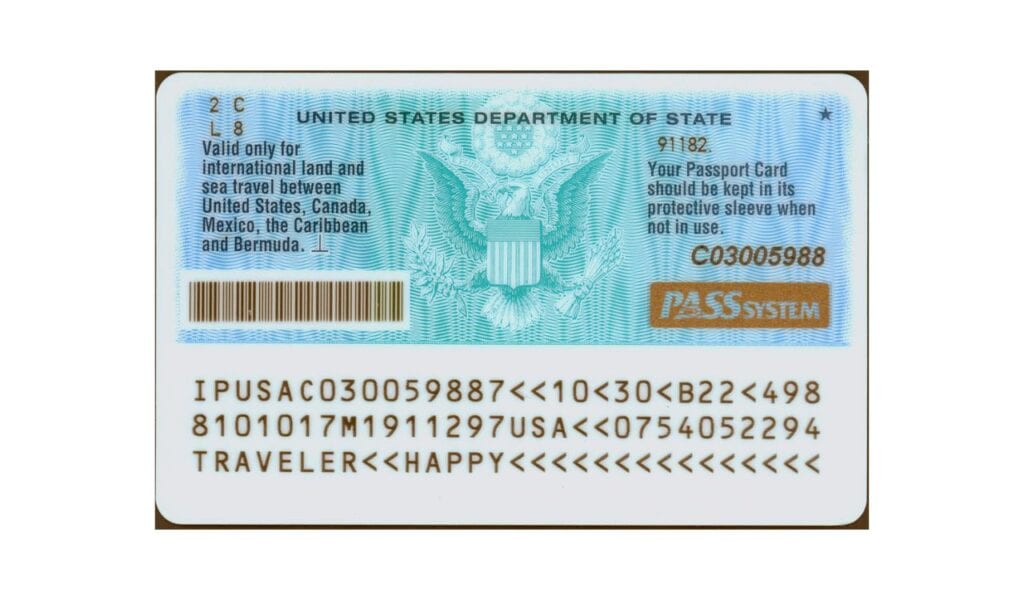
While adult validity periods are similar, the passport book and card aren’t interchangeable in practice. The book works globally across air, sea, and land, while the card’s scope is intentionally narrow. Airport systems and airline staff are trained to reject cards for international flights, so confusing the two is a fast path to a denied boarding.
“Kids can use parent’s passport”

Every child, including infants, needs an individual passport for international flights, and child passports generally last five years. Families are often blindsided by this at the counter, so build issuance time into trip prep and confirm consent steps early. Airlines will not accept a parent’s passport on behalf of a child for international air travel.
“Consent rules are flexible”

Parental consent is formal and enforced, and both parents or guardians must authorize issuance, with DS 3053 for consent when one can’t appear and DS 5525 for exigent circumstances. These safeguards deter abduction and custody violations and are reviewed closely by consular staff. Bringing the right forms once beats repeat visits and schedule slips.
“Damage doesn’t matter”
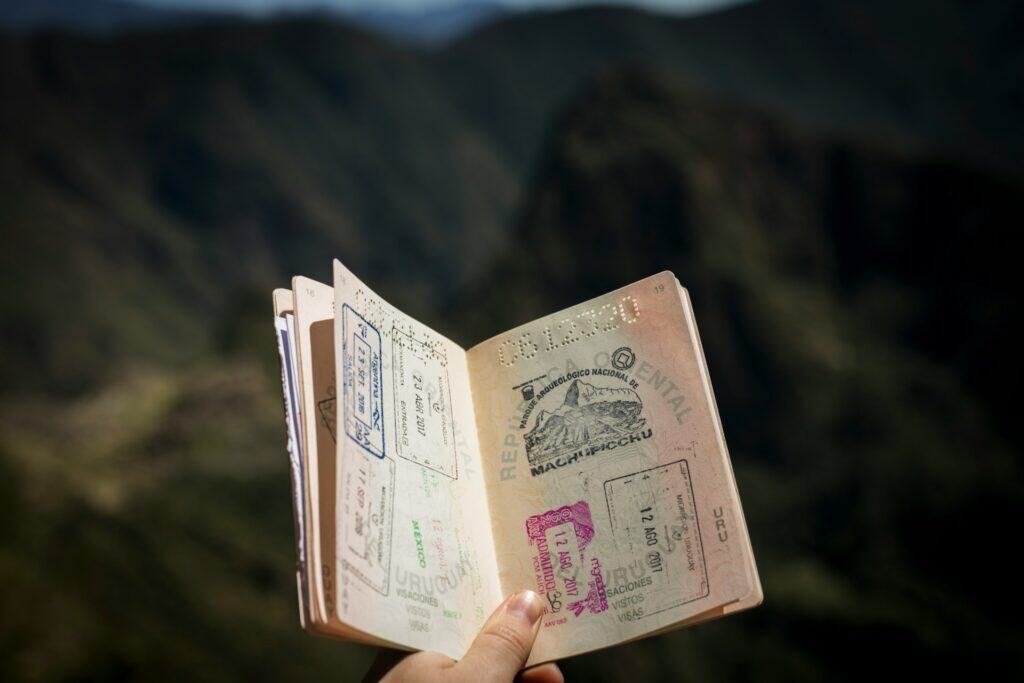
A passport with tears, water damage, delamination, or missing pages can be treated as altered or unreadable, leading to denied boarding or entry. Airlines err on the side of caution because fines for transporting improperly documented travelers are steep, and machine readability can fail when damaged. Replace a compromised passport before departure.
“Same day full passports”

Same day issuance isn’t a standard service, and life or death appointments may yield limited validity emergency passports rather than full validity books, while availability isn’t guaranteed. That is why early renewal remains the golden rule, especially heading into peak seasons. Even expedited processing takes time, so don’t bank on a last minute slot.
“Real ID replaces passports”
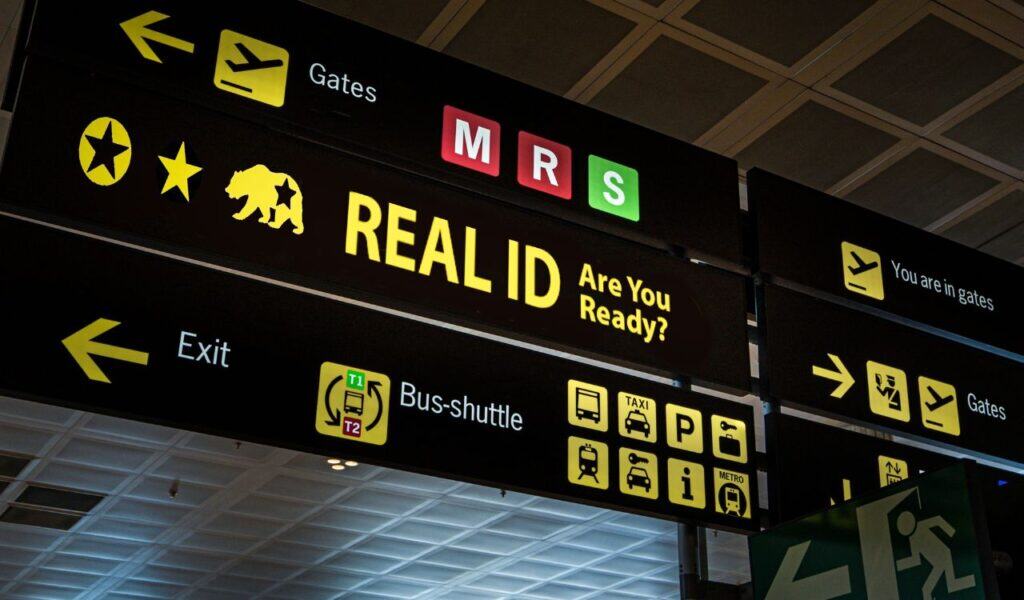
Real ID affects domestic U.S. screening from May 7, 2025, but it doesn’t replace a passport for international trips. For domestic flights, a Real ID license or a passport works at TSA, while for international flights, the passport book remains mandatory. Keeping the domestic versus international split straight prevents airport surprises.